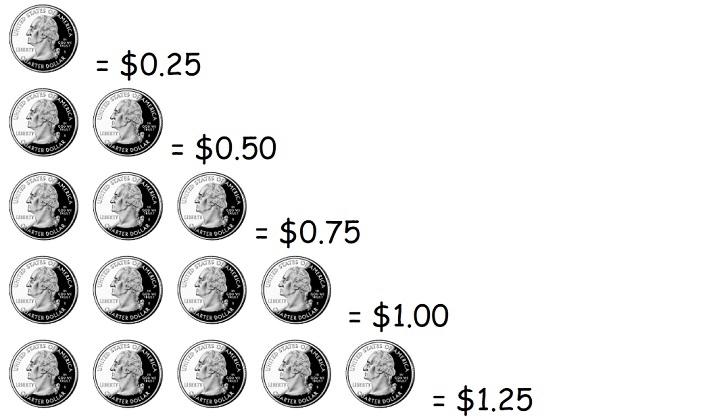Tesla 4680 Battery: The Future of Electric Vehicles
The innovation in electric vehicles (EVs) continues to surprise us with new technological advancements and features. Among which, Tesla’s 4680 battery is a noteworthy turning point. This article will delve into various aspects surrounding this powerful battery.
Hyundai IONIQ 9 looks big and bold after three-row electric SUV was spotted testing [Video]
The latest model of the Hyundai IONIQ 9 , an electric SUV, has recaptured attention with its striking size and design. Putting aside the intrigue around its aesthetic appeal, the technological aspect of the vehicle is what steals the limelight, namely the 4680 battery cells .
The Hyundai IONIQ 9 reportedly utilizes the breakthrough 4680 battery cells of Tesla. These cells promise a significant increase in range and power, thereby revolutionizing what drivers can expect out of EVs.
Dry Coating 4680 Cells Is Hard To Do
The production process of the 4680 battery cells involves a complex and precise technique: dry coating. Although the benefits these cells bring about are evident, difficulties tend to arise in terms of manufacturing.
The so-called dry coating method is a challenging procedure that necessitates state-of-the-art equipment and high precision. Both of these aspects pose significant challenges for Tesla in producing the 4680 battery cells on a large scale, hence the company is spending both time and resources to overcome these hurdles.
4680 Struggles Continue
Notwithstanding challenges in the production process, questions still linger about the production yield of the 4680 battery cells. While Tesla has made remarkable progress in the development and testing phase, the mass production of these cells remains a significant hurdle.
Moreover, such challenges go beyond just technical complications. They also pose potential issues with supply chain management and how quickly Tesla can scale manufacturing to meet the ever-growing demand for sustainable transportation solutions.
Share this story!
A new revolution in the electric vehicle industry is unfolding with the development of the 4680 battery cell by Tesla. Despite the evident challenges in stepping up production, the battery holds the potential to significantly advance the EV industry.
Share this fascinating story about Tesla’s 4680 battery cells , the challenges, and the potential they hold. Let’s raise awareness and appreciation for the advancements in sustainable and revolutionary automotive technology.
| Content Summary |
|---|
| Hyundai IONIQ 9 potential use of 4680 battery cells |
| 4680 cell’s production challenges & difficulties in dry coating |
| Struggles in scaling the production and supply chain management |
| Share the story of technological advancements with others |
Summary of Key Points
Overall, the development of 4680 battery cells marks a significant milestone in the electric vehicle industry’s history. Tesla’s endeavors to navigate through the production challenges pose significant technological, logistical, and supply chain management problems. It is noteworthy how Hyundai’s prospective use of these cells fortifies the potential impact on the industry once these challenges are resolved. Lastly, the importance of sharing such technological advancements reflects our shared responsibility in encouraging sustainable solutions for our future.






